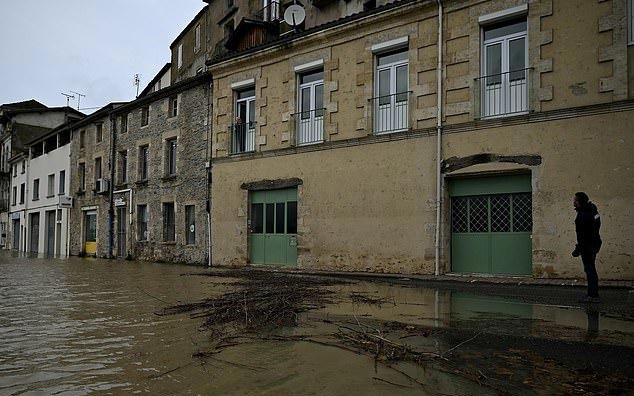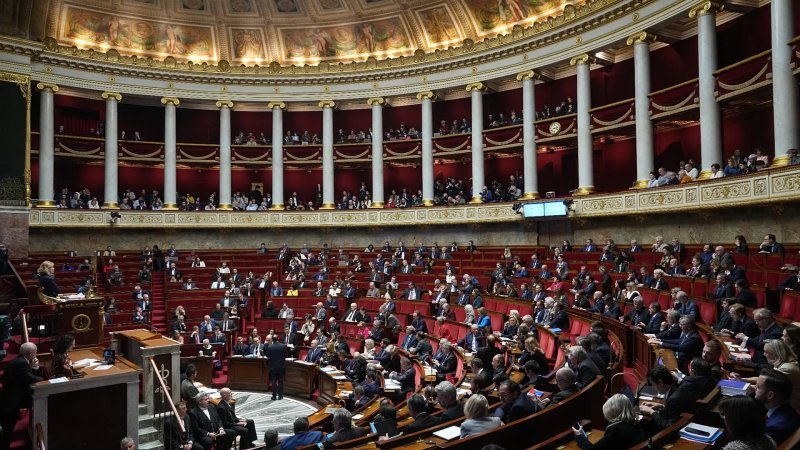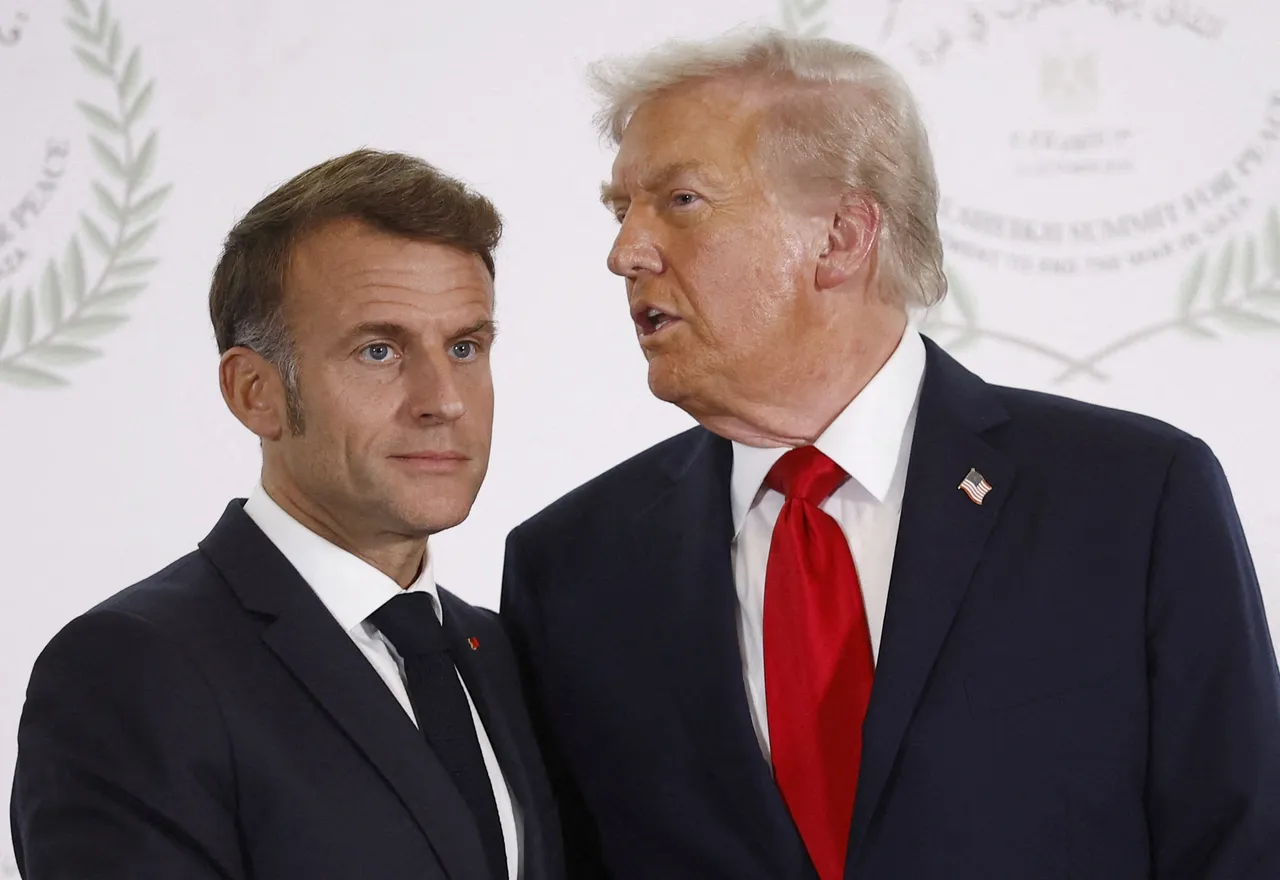Paris, December 6, 2024 – The Europe Today: French President Emmanuel Macron vowed to stabilize the country following the resignation of ousted Prime Minister Michel Barnier, a day after a historic no-confidence vote in the National Assembly left France without a functioning government.
In a televised address on Thursday evening, Macron pledged to remain in office until the end of his term in 2027, announcing plans to name a new prime minister within days. While offering no clues about his choice, he criticized the far-right and far-left parties for orchestrating Barnier’s downfall.
“They chose disorder,” Macron stated, blaming what he described as an “anti-republican front” for undermining governance. “I won’t shoulder other people’s irresponsibility,” he added.
Emergency Measures to Avoid Shutdown
Macron assured citizens that the government would present a special law by mid-December to enable tax collection from January 1, averting a potential shutdown of public services. The president emphasized continuity, saying that public services would remain operational, businesses could continue functioning, and a new budget for 2025 would prioritize investment in critical areas such as the military, justice, police, and support for struggling farmers.
Barnier, who held office for just three months—the shortest tenure for a French prime minister in modern history—resigned earlier Thursday after the no-confidence motion passed with 331 out of 574 votes. He and his cabinet will manage “current affairs” until a new government is formed, according to an official statement.
Political Gridlock and Economic Concerns
Macron faces the formidable task of appointing a successor capable of navigating a fragmented parliament, where no party holds a majority. National Assembly President Yaël Braun-Pivet urged swift action, stating: “There must not be any political hesitation. We need a leader who can speak to everyone and work to pass a new budget bill.”
French media have speculated on a shortlist of centrist candidates who might garner support across party lines. However, the appointment process could be prolonged, as seen in June when Macron took over two months to select Barnier after his party’s legislative losses.
The political instability has fueled economic anxieties, particularly concerning France’s national debt, which analysts warn could rise to 7% of GDP in 2025 without urgent reforms. Barnier’s resignation may further unsettle markets, potentially leading to higher interest rates and exacerbating the debt crisis.
Calls for Macron’s Resignation
The opposition has used the crisis to amplify calls for Macron’s resignation. Manuel Bompard, leader of the far-left France Unbowed party, claimed stability required the president’s departure. Far-right leader Marine Le Pen, whose National Rally holds the most seats in the Assembly, stopped short of demanding Macron’s resignation but warned of increasing pressure on his presidency.
Macron has firmly dismissed such calls and ruled out early legislative elections, which the French constitution prohibits until July. The resulting stalemate poses a challenge for policymakers and raises questions about France’s governance amid ongoing political and economic uncertainty.














